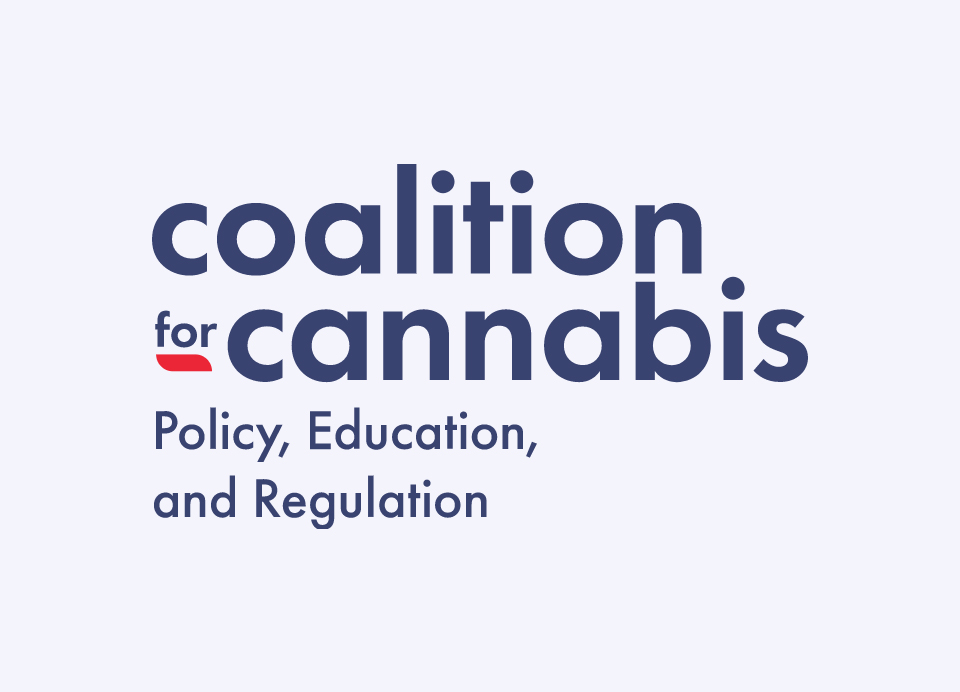
July 8, 2022
CPEAR: New Study Shows Cannabis Legalization Does Not Increase Impaired Driving
WASHINGTON, D.C. – Today, the Coalition for Cannabis Policy, Education, and Regulation (CPEAR) released a policy paper titled, “Contextualizing the Problem: Driving Under the Influence of Cannabis and Other Drugs in America.” This paper examines the root causes of driving under the influence of cannabis and provides the data-backed recommendations that the federal government should immediately adopt to best protect our streets and communities.
“As CPEAR has always stated, it’s never safe to drive while under the intoxicating influence of cannabis,” said Shanita Penny, head of CPEAR’s Center of Excellence. “U.S. federal law should create a clear expectation that if you drive high, you will get a DUI, while also embracing the programs, technologies, and best practices to combat driving while intoxicated. We look forward to engaging with lawmakers on this critical matter as we continue to advocate for a federal framework for cannabis.”
Driving under the influence of cannabis (DUIC) and drugs (DUID) is extremely risky and dangerous to drivers, passengers, and pedestrians. Despite this risk, according to the National Highway Traffic Safety Administration (NHTSA), the rate of driving under the influence has increased by 2.5 times over the past decade. Approximately 11 percent of the U.S. adult population has driven under the influence, which equates to roughly 28 million individuals.
At the same time, peer-reviewed data shows cannabis legalization is not the main reason for the increase in cannabis-impaired driving. This report expands on the contours of this issue by outlining available data and its underlying implications, while putting forward reasonable solutions to reducing the prevalence of DUIC/DUID on the nation’s roads.
Key findings of the policy report include:
- The use of cannabis or other drugs with psychoactive effects may impair judgement and decision-making and increase the odds of deciding to drive under the influence.
- One of the factors contributing to the increase in DUIC offenses is a lack of understanding of how cannabis impacts one’s ability to safely drive a vehicle.
- Advanced Impaired Driving Enforcement trained officers and Drug Recognition Experts (DREs) represent the most relevant approach at present for detecting DUIC and DUID, but increased funding is needed for research that identifies valid, non-invasive, and single-trial impairment detection approaches for roadside testing.
- While there is a need for more research and better data collection, studies showing an effect of legalization on DUIC find that the effect is either insignificant or declines a year after the legal market was implemented.
Click here to read the paper in full.
###
About the Coalition for Cannabis Policy, Education, and Regulation
A 501(c)(4) non-profit organization, the Coalition for Cannabis Policy, Education, and Regulation (CPEAR) works to advance comprehensive policy solutions for cannabis regulation. The Coalition strives to be a trusted, science-driven resource for lawmakers and the larger stakeholder community, developing responsible policies that protect consumers and patients, prevent underage use, uphold public health and safety, and promote social equity. Comprised of a diverse group of stakeholders, the Coalition brings unique perspectives to the table to thoughtfully address what a federally regulated cannabis industry should look like. To learn more, visit www.CPEAR.org and follow us on Twitter.